Written by Edward Swider, Music Coordinator
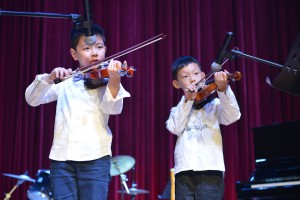 Individual instrumental instruction can be beneficial for all students. Children who participate in music lessons learn problem solving, presentation skills, and achieve a sense of accomplishment and growth as they progress. But no matter the skill or interest of student musicians, they often struggle with regular home practice. As a music teacher my number one question from parents is “How can I motivate my child to practice more?”.
Individual instrumental instruction can be beneficial for all students. Children who participate in music lessons learn problem solving, presentation skills, and achieve a sense of accomplishment and growth as they progress. But no matter the skill or interest of student musicians, they often struggle with regular home practice. As a music teacher my number one question from parents is “How can I motivate my child to practice more?”.
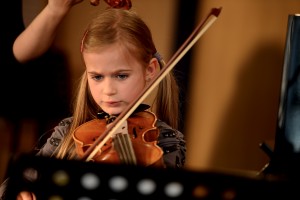 All parents and students will be presented with this issue at some point. Remember that self-motivation and discipline is a learned skill that is not first nature to most children. It is the responsibility of families, teachers, and communities to foster these skills with creative approaches to practicing and positive reinforcement.
All parents and students will be presented with this issue at some point. Remember that self-motivation and discipline is a learned skill that is not first nature to most children. It is the responsibility of families, teachers, and communities to foster these skills with creative approaches to practicing and positive reinforcement.
- Measurable and Achievable Goals
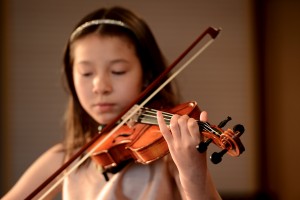 Assign daily or weekly goals such as playing a difficult excerpt 5 times without mistakes, memorising scales or scale patterns, improving tone, etc.
Assign daily or weekly goals such as playing a difficult excerpt 5 times without mistakes, memorising scales or scale patterns, improving tone, etc.
The most effective technique to improve your child’s practicing is to shift the focus of home practice from a set amount of time to direct tangible goals set by the private tutor and student together.
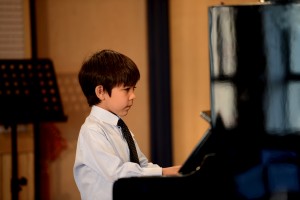 For younger students this technique requires additional parent involvement, communicating with the private tutor and monitoring the child’s progress at home. In the traditional approach to practicing (a set amount of time) students may simply “run out the clock”. With this approach the time spent practicing is directly related to the student’s effort. The practice time is as long or short as it takes for the student to achieve their goals. It also allows students to easily monitor their own progress week by week.
For younger students this technique requires additional parent involvement, communicating with the private tutor and monitoring the child’s progress at home. In the traditional approach to practicing (a set amount of time) students may simply “run out the clock”. With this approach the time spent practicing is directly related to the student’s effort. The practice time is as long or short as it takes for the student to achieve their goals. It also allows students to easily monitor their own progress week by week.
- Home Practice Routine
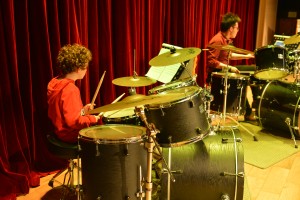 Establish practicing as part of their routine at home, as you do for homework. Children have routines in nearly all aspects of their life; the order of the day at school, getting ready for bed, washing hands before a meal. This time can be set for when they come home from school, a task to be completed before watching TV or playing video games, or even in the morning before school. Having an established practice routine combined with measurable achievable goals set by the tutor and student together can help students begin to take responsibility for their own education at home.
Establish practicing as part of their routine at home, as you do for homework. Children have routines in nearly all aspects of their life; the order of the day at school, getting ready for bed, washing hands before a meal. This time can be set for when they come home from school, a task to be completed before watching TV or playing video games, or even in the morning before school. Having an established practice routine combined with measurable achievable goals set by the tutor and student together can help students begin to take responsibility for their own education at home.
- Public Performances
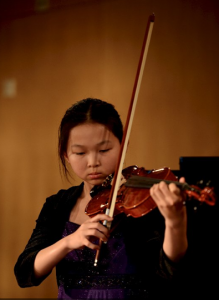 Encourage your child to perform in front of others. It will give them a sense of self-accomplishment and will help them to be self-motivated to practice more!
Encourage your child to perform in front of others. It will give them a sense of self-accomplishment and will help them to be self-motivated to practice more!
Some students love them, most hate them. Public performances are an important part of a student’s music education. It gives them the opportunity to present the skills they have learned to an audience. These performances can come in many forms; participating in an orchestra or band, recitals, or even performing for family and friends at home. These public performances can be difficult in the beginning, but the only way to improve is participate in them regularly. This practice will improve the child’s confidence and public presentation skills which will translate to these skills improving in other disciplines.
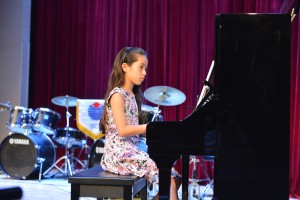 An instrumental practice will have ups and downs, students may be extremely interested only to have their enthusiasm wane soon after. It is important to use positive reinforcement while incorporating creative approaches to practicing to encourage your child to achieve their very best. And remember that your child’s music teachers and private tutors are your best resource for encouraging regular effective practicing at home.
An instrumental practice will have ups and downs, students may be extremely interested only to have their enthusiasm wane soon after. It is important to use positive reinforcement while incorporating creative approaches to practicing to encourage your child to achieve their very best. And remember that your child’s music teachers and private tutors are your best resource for encouraging regular effective practicing at home.